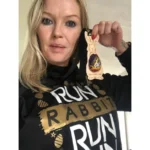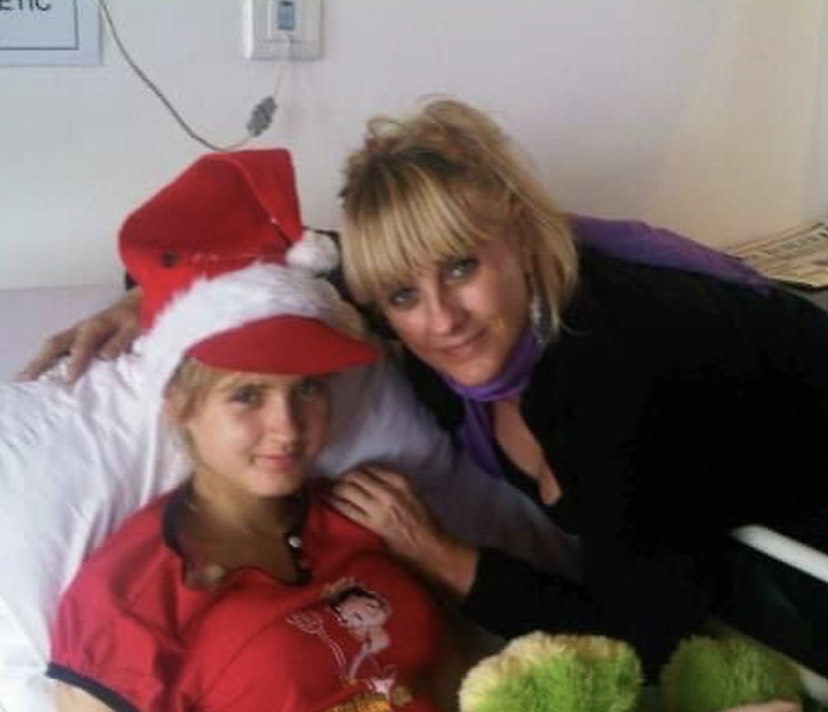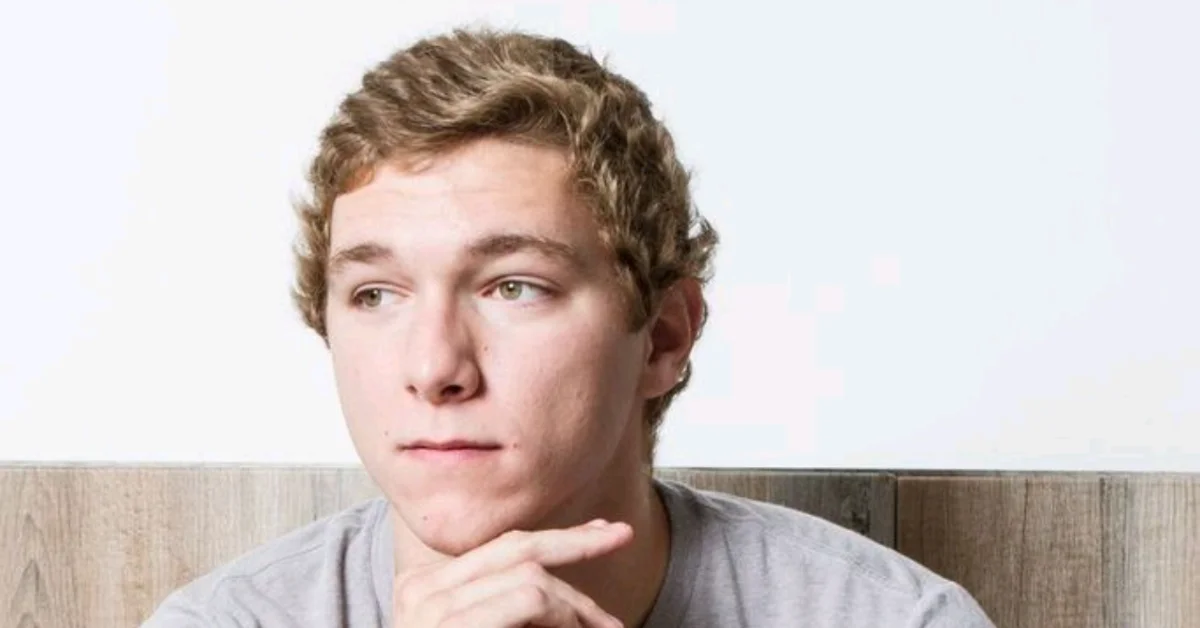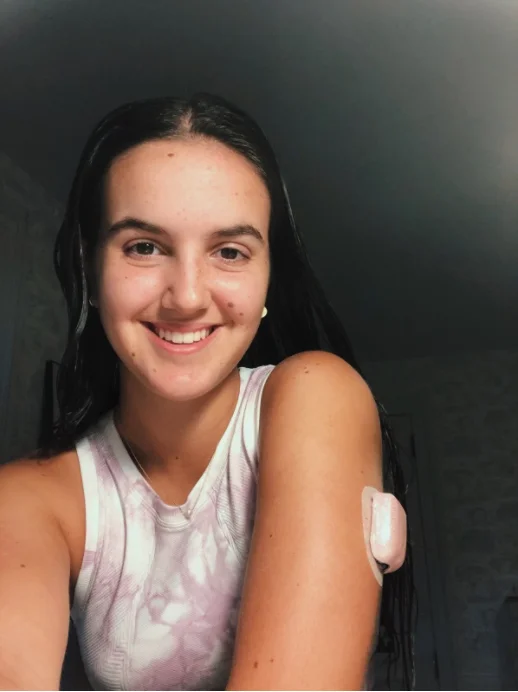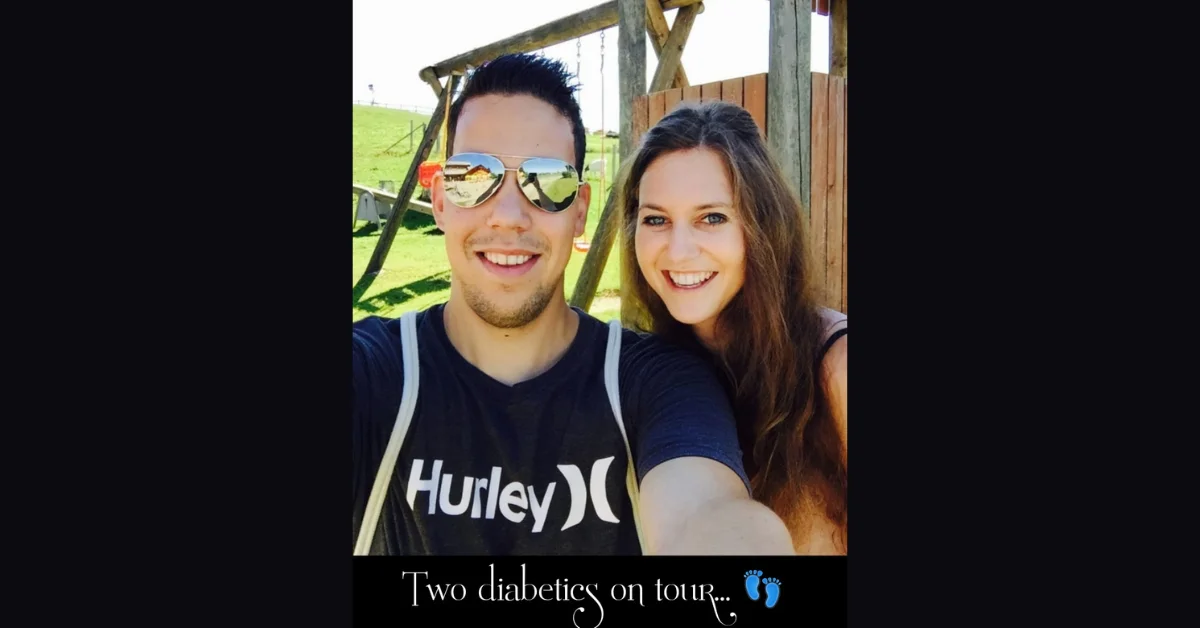We all know that managing type 1 diabetes is not easy. It’s something that we have to be aware of and manage all through the day. And it can just take one little mistake or miscalculation to ruin all our efforts.
As a type 1 diabetic, we’re at greater risk for mental health problems. When our glucose levels are too high or too low, we can experience sudden mood swings. If you’re anything like me, you might also feel guilty about those mood swings later. Checking our glucose levels, only to find that they’re not in range can leave you feeling disappointed and maybe make you blame yourself. Preparing to check glucose levels alone can give you anxiety. Will I be in range, or will I have “failed” again. Planning your meals and your schedule, so you can have your insulin on time and then eat on time. Finding time and motivation to do some exercise. It’s exhausting. But it’s also very normal.
This is where we can hear a lot of people experiencing diabetic burnout or diabetes distress.
Reaching out to fellow T1Ds and being part of a community can help relieve some of this stress or pressure. It’s great to be part of a community, to hear people speak out about difficulties they are facing. Emotional support is a big part of managing diabetes.
I found out about my T1D after I was hospitalized with DKA. No one else in my family has type 1 diabetes. Though we do have a type 2. So it was a steep learning curve. The doctor and dietitian gave me a lot of information in a very short period of time before sending me on my way. Fortunately I follow a lot of fitness people on my Instagram and noticed one of them had tagged #T1D. It was fate and the world of type one diabetic online influencers opened up to me! I made a second account and started to follow all the beautiful type one diabetics that were just “getting it right”. Boy was that wrong.
We’ve seen a lot of Instagram influencers recently showing their actual self versus the persona they show you on Instagram. Posting a picture where they haven’t posed, put on makeup, or done any Photoshop. And I applaud them. There are so many people (all their followers) who look up to them and want to imitate them. Those same followers can sometimes feel insecure or anxious, or even like failures, when they see their life doesn’t match up the perfect life of their idols.
So can you imagine the power a T1D Instagram influencer has? A freshly diagnosed patient, desperate to figure it all out, already experiencing a lot of fear and anxiety, runs to find a community. At first the support on Instagram seems wonderful. Beautiful girls and handsome boys, all with their glucose readings in range, while they manage to exercise, travel, put on a full face of makeup and cook meals that aren’t just healthy, they’re Instagram worthy. You look at them and think, I can do it too! You try to follow their routines, or their opinions about the best diet for a diabetic. Then you find it’s unmanageable. You follow their workout, but you’ve never worked out before, now you’re working out after injecting insulin that you haven’t had before. Then you’re in the kitchen trying to put together a high fat dish that alone cost you more than you used to spend on three meals. All while, silently, your blood sugar is dropping from the workout. You start to feel cloudy so you go to check your glucose and that overpriced piece of salmon burns. You’re not used to dealing with a hypo so you stuff your face with candy. Check your sugar a little while later only to find a major spike. Now you’re blaming yourself. If only you knew better. Your workout was worthless because you had to eat a bunch of sugar which totally ruined the short time your bloods were in range. While you’re resting and recovering from the roller coaster your body just went through, you open Instagram only to find your Insta-bestie has posted a screenshot of his/her almost perfect blood sugar readings for the day, with some nonsense below it about how rough the day was. And suddenly your self esteem and motivation is shattered. If that’s a bad day for them, they would be horrified at what a normal day is looking like for me. Fast track to a diabetic burnout just a few weeks or days after being diagnosed.
Now, I’m not saying it’s impossible to have a day of good readings. To be able to get it all done and still have an Instagram smile on your face. And I’m not blaming the influencers for trying to encourage other diabetics and show them that it is possible to lead a full life. I think both parties can take a little responsibility.
First, we can look at ourselves. Check your motivations for following these accounts. Try to learn from them, but don’t imitate them. No two people are alike and no two diabetics are alike. I know it’s often hard to read your own emotions, especially when you’re managing type 1 diabetes and already have a lot of factors influencing your emotions within your own body. But try to recognize how a post makes you feel. Ask yourself some questions like, “is this post motivating me?”, “does this post make me feel inadequate?”, “do I need this account on my feed?”, “am I learning from this person?”Like a relationship that is no longer bringing you joy or life, but instead, draining you, you need to step away from that thing.
Then, to all the influencers. We love you, we love watching your life and dreaming that it could be ours. So please be real with your fans. A lot of successful diabetics have been diabetics for a long time. Some diabetics don’t figure it out until they’ve been living with this condition for over a decade. It takes time to figure things out. To learn what works for your body. Show us your no makeup selfie!
To be honest, there are a lot of great influencers/diabetes ambassadors on the gram. They show their highs and lows (literally and emotionally), and they share their journeys and daily struggles. These are the kind of people we can follow. Because at the end of the day, we went online to find a community. To find people like us, who’ve been doing this for as long, or longer, than us and also making mistakes sometimes. I think most diabetics just want to be heard. For too long, diabetes has been a disease that’s been the sufferers fault. And when we try to defend ourselves, it seems like people are embarrassed to listen because, “you don’t look sick”.
Instagram can be a great platform to find diabuddies, meal ideas that are reasonable and sustainable, motivation to follow our dreams despite what we’re dealing with and jokes or quotes that are just too relatable. You don’t need to give up checking social media or being an ambassador online. You do need to, as I said, check your motivation for following certain accounts, use these accounts to learn but don’t imitate them, and be aware of your feelings while you’re scrolling through.

Ashleigh
My name is Ashleigh, I am a 28-year-old type one diabetic. I teach English abroad. Some of my hobbies include drawing, playing the ukulele, and bodybuilding.





